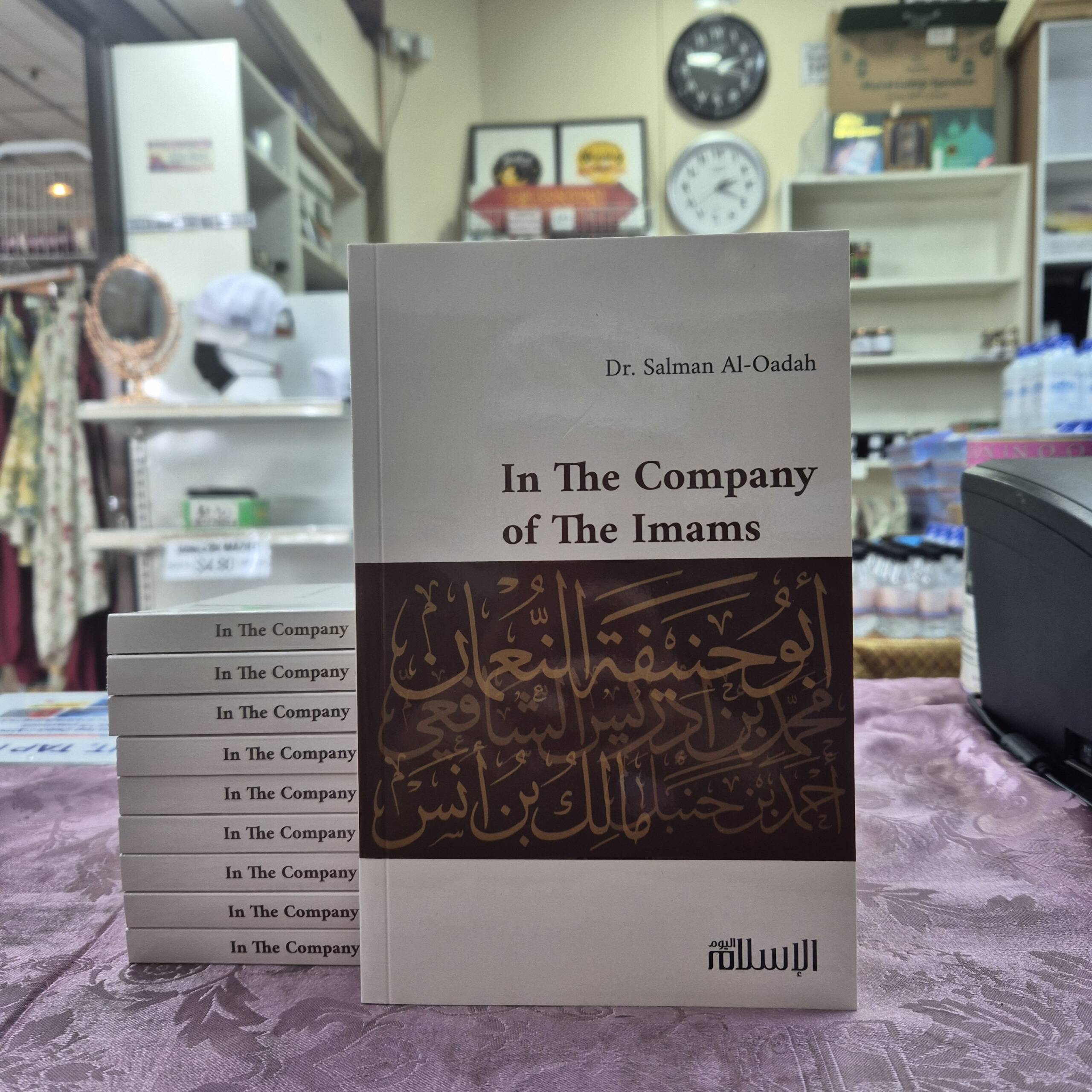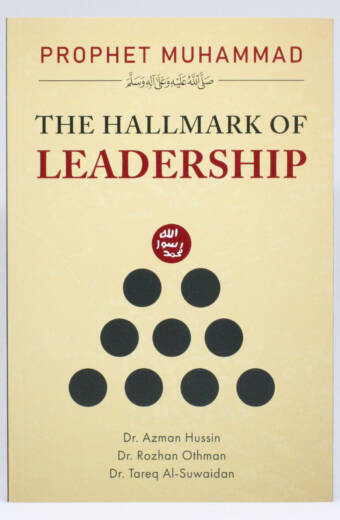Description
This book explores the lives of Imām Abū Ḥanifah, Imām Mālik ibn ‘Anas, Imām Ash-Shafi’ī & Imām Aḥmad ibn Ḥanbal (رحمهم الله), the “four imams” who founded the canonical schools of Islāmic Law. It addresses the convergence & disagreement between these great scholars to reveal the unity of their elementary principles & the multiplicity of their opinions & judgements. In doing so, it demonstrates Islām’s inherent lexibility, accounting for the different historical, social & geographical circumstances in which people find themselves, allowing the teachings of Islam to remain vital for every place and time.
The era of the four imams was a turning point in Islamic history. It was a time shaped by a firm commitment to the Islamic identity & an openness to change. The Islamic identity provided the cultural foundation & the basis for intellectual pursuits. At the same time, the era of the four imāms was a time of accelerated social change due to the number of new nations & cultures which had entered into Islām, often in their entirety.
It was also a time of increased cultural interaction & cross-fertilization between the Muslim world & neighbouring nations. The codification of the four legal schools was a declaration of a new start, requiring dedication to following a tradition, a renewal of allegiance, & the affirmation of sound methodological principles.













Reviews
There are no reviews yet.